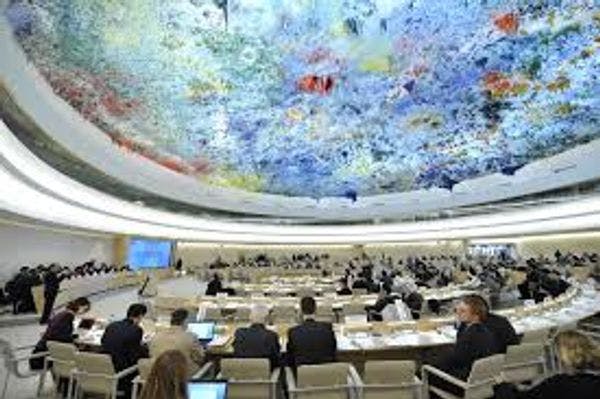The UN analyses the human rights impact of drug policies ahead of a global summit
March 27, the United Nations Human Rights Council (UNHRC) took a fundamental step toward ensuring that a human rights perspective is present at the Special Session of the UN General Assembly on the World Drug Problem (UNGASS), to be held in April 2016.
The Council approved by consensus a resolution—co-sponsored by 47 countries from Europe, Latin America, Asia, Africa and Oceania—that convenes a panel of experts to discuss drug policies and their rights impact. It also requests that the UN High Commissioner for Human Rights produce a technical report on this issue.
In the debates that gave rise to the resolution, the Center for Legal and Social Studies (CELS)—along with Latin American and international allies—sustained that the Council, as the top UN human rights body, should participate actively in the UNGASS 2016 and stressed the need for a paradigm shift in drug policies so their central aims are protecting human rights and reducing violence.
The so-called "War on Drugs" has failed in its stated objectives and caused widespread violence. It has also had a severe impact on judicial and security systems and on prisons. State responses have led to a growing militarization that has been used to justify the role of the Armed Forces, the occupation of lands, and the displacement of people.
Click here to read the full article.
Keep up-to-date with drug policy developments by subscribing to the IDPC Monthly Alert.
